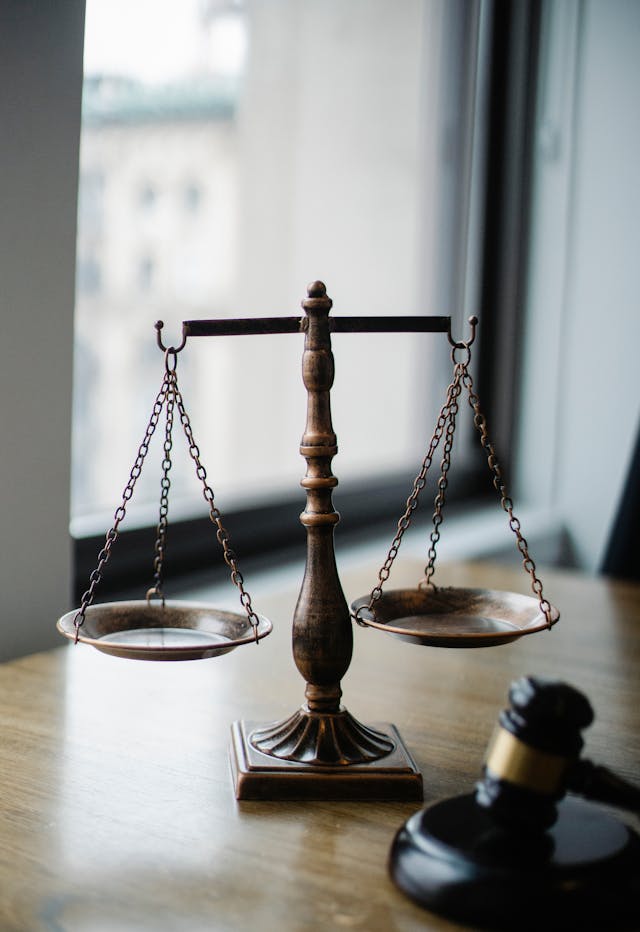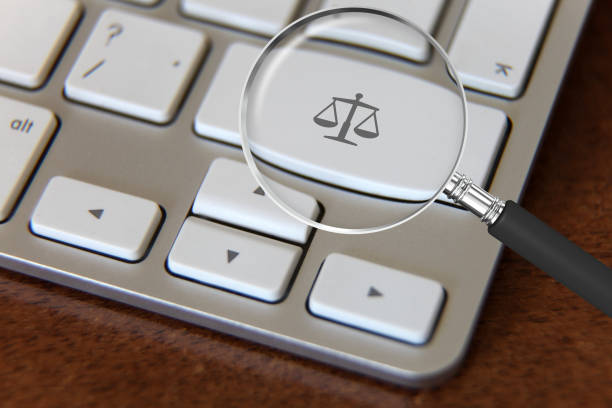What is trolling and how should you respond to it legally
What is trolling and how should you respond to it legally
In today’s digital world, the ancient science of Vedic astrology meets technology through tools like online marriage astrology calculators, offering clarity and cosmic predictions with just your date, time, and place of birth. But the real depth of prediction lies far beyond a calculator’s numerical result — it’s in the hands of a skilled astrologer who interprets your chart with intuition, scriptural wisdom, and cosmic observation. That’s where Nayku’s astrology services shine — providing precise, confidential, and personalized online marriage prediction sessions rooted in Vedic knowledge yet adapted for the modern digital seeker. This is not just about “when,” but why and how your marriage will unfold the way it does. Let’s uncover that cosmic mystery step by step.
Trolling Isn’t Just a Joke Anymore
We’ve all seen them—the sarcastic comments on posts, aggressive replies on tweets, or meme-filled attacks that go beyond light-hearted banter. But when that sarcasm turns into harassment, we enter the realm of online trolling.
Trolling is a growing menace in today’s digital world, affecting celebrities, influencers, students, working professionals, and even homemakers. What begins as a comment can escalate into psychological trauma, reputational damage, or even threats to personal safety. But here's the thing—trolling is not just unethical, it's often illegal. At Nayku, our legal experts have helped countless individuals navigate the confusing legal terrain of cyber harassment. In this blog, we explain what trolling means, the types of trolling, and what you can do legally if you’re a victim. Let’s decode your digital rights.

What is Online Trolling?
Trolling refers to the act of deliberately provoking, harassing, or bullying someone online by making offensive, inflammatory, or misleading statements. It can occur on social media, forums, messaging apps, or even in email communication.
Purpose Behind Trolling
- To provoke emotional reaction
- To damage reputation
- To embarrass or shame someone
- To disrupt communities
- For fun or mischief, albeit at the expense of others
Common Types of Trolling
Not all trolls are the same. Understanding the types helps identify your situation better:
a. Harassment Trolls
Use hate speech, sexual comments, or threats to intimidate the target.
b. Defamation Trolls
Spread false narratives or accusations to damage reputation.
c. Stalker Trolls
Obsessively comment or message, often impersonating or leaking private details.
d. Meme/Mockery Trolls
Use doctored images or sarcastic jokes to ridicule someone.
e. Political/Religious Trolls
Incite violence or communal hatred by targeting beliefs.
f. Cyberbullying Trolls
Especially common among teenagers; these trolls target peers using insults, group attacks, or exclusion.

Is Trolling Legal in India? The Legal Standpoint
No, trolling is punishable under multiple laws in India.
While the term “trolling” isn’t specifically defined under Indian laws, the actions associated with it—like defamation, harassment, or threats—are covered under various legal provisions.
Let’s break down the most relevant sections you can rely on:
Key Legal Provisions Against Trolling in India
a. Indian Penal Code (IPC)
Section 500 – Defamation
If a troll publicly shames or ruins your reputation, it can be considered defamation.
Section 354A – Sexual Harassment
Covers obscene comments, stalking, or sending explicit images/messages.
Section 506 – Criminal Intimidation
For threats of violence or blackmail via social platforms.
Section 509 – Insulting modesty of a woman
Protects women against lewd remarks or content meant to humiliate.
Information Technology Act, 2000
Section 66A (struck down in 2015 but still mistakenly applied)
Earlier used for offensive messages but now unconstitutional. Be aware of misuse.
Section 66D – Impersonation
If someone impersonates you online.
Section 67 – Obscene Content
Punishes the publishing or transmission of sexually explicit content.
Section 69A – Blocking of Websites
Government can block trolling pages or content if harmful.

What to Do if You’re Being Trolled – Step-by-Step Legal Response
Step 1: Document Everything
Take screenshots, save URLs, chat logs, and emails. These become crucial evidence.
Step 2: Report to Platform
Social media platforms like Facebook, Instagram, X (Twitter), and YouTube have built-in systems to report abusive content.
Nayku: Use the “Report and Block” function immediately. This builds a trail of complaints.
Step 3: File a Complaint
You can file a legal complaint at the nearest Cyber Crime Cell or police station.
What to Include:
- Printouts of the offensive material
- Your identity and contact details
- Time/date of the incident
Good to Know: You don’t need to go to a specific cyber police station—you can report in any city.
Step 4: Take Help from Legal Experts like Nayku
Laws can be tricky. What may seem like trolling could actually qualify as criminal defamation or harassment. Nayku’s legal team will help:
- Draft and file police complaints
- Send legal notices to the troll
- Initiate civil or criminal proceedings
- Guide you in filing court cases, if necessary
How Nayku Helps You Fight Trolling Legally
Trolling isn’t a one-time nuisance—it can ruin lives. Here’s how Nayku Legal Services step in to support you:
1-on-1 Legal Consultation
Our lawyers understand cyber law, digital privacy, and women’s safety laws. You’ll get tailored advice.
Legal Notice Drafting
A firm legal notice can silence trolls instantly.
FIR Filing Assistance
From complaint drafting to court liaison—we’ve got you covered.
Court Representation
In extreme cases, Nayku provides legal representation in court for civil or criminal lawsuits.
100% Online Legal Support
From consultation to document handling—no need to visit a lawyer in person.
Can You File a Case Online?
Yes. The Indian government and state police have online portals like:
- https://cybercrime.gov.in/ – For filing cyber complaints
- NCRB (National Crime Records Bureau) portals
- State cybercrime portals (Maharashtra, Delhi, Karnataka, etc.)
Nayku also helps clients with online complaint registration and liaising with cyber cells.

What to Avoid While Responding to Trolls
Do not retaliate or post back
That can escalate things and damage your legal case.
Do not delete evidence
It may be your only proof.
Avoid public arguments
Even if you're right, trolls love attention. Silence can be a weapon.
Special Advice for Women, Kids, and Seniors
Women:
Use NCW (National Commission for Women) for fast-track reporting and legal aid.
Minors:
Trolling targeted at children is cyberbullying. Inform schools, and report to the Childline (1098).
Senior Citizens:
Trolling seniors, especially over WhatsApp, is rising. Know that elder abuse online is a punishable offense.
Civil vs Criminal Remedies: Which One is Right for You?
| Factor | Civil Remedy (Defamation Suit) | Criminal Remedy (IPC/IT Act) |
|---|---|---|
| Nature | Compensation, damage recovery | Jail term, fines, legal punishment |
| Purpose | Restore reputation, recover losses | Punish the offender |
| Legal Support | Nayku helps with both types | Nayku provides criminal law support |
How to Protect Yourself from Future Trolling
- Strengthen your digital privacy settings
- Avoid sharing personal data publicly
- Use two-factor authentication
- Regularly update passwords
- Avoid engaging with known trolls
- Nayku: Consider setting up Google Alerts for your name to track trolling mentions online.
Empower Yourself – Legal Rights Every Citizen Must Know
- Right to privacy (Article 21 – Constitution of India)
- Right to dignity
- Right to freedom from harassment
- Right to file a complaint under cybercrime jurisdiction
Nayku’s lawyers help enforce these rights swiftly and confidentially.

Trolls Thrive in Silence—Don’t Let Them Win
Trolling is no longer just a digital nuisance. It’s a legal offense that must be addressed seriously.
If you're being trolled—whether it's a subtle jab or a threatening message—don't ignore it. Take a stand. Document it. Report it. And most importantly, seek expert legal advice. Nayku’s cybercrime and digital law experts are always ready to support victims of online harassment. With affordable consultations, fast responses, and a human-first approach, we make sure your voice is heard—and justice is served.
Need Help With Online Trolling? Contact Nayku Today.
🌐 Visit: www.nayku.com
📩 Email: [email protected]
📞 Helpline: +91-XXXXXXXXXX
"You’re not alone. Let Nayku protect your dignity in the digital world."
Related Articles

Find Best Online Lawyers in Bhopal Near Me
Find the best online lawyers in Bhopal near you for instant legal consultation, expert guidance, and...
Read More
Experienced Lawyers Online Legal Consultations In Bhopal
Connect with experienced lawyers in Bhopal for online legal consultations. Get reliable advice and s...
Read More
Get Professional Advice From Best Lawyers in Bhopal
Find top-rated lawyers in Bhopal offering expert legal advice. Get solutions for family, property, b...
Read More
